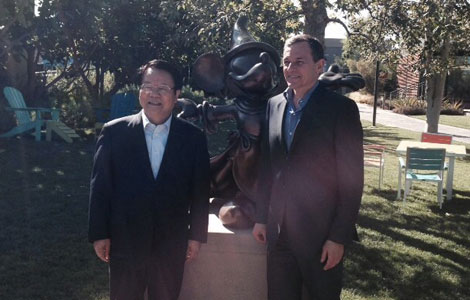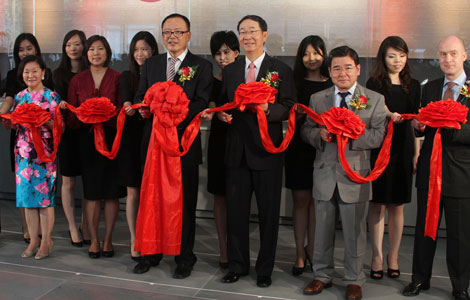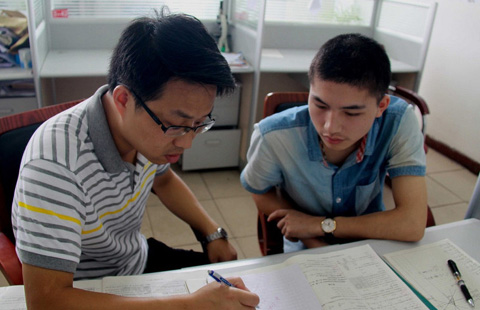Unleashing the power of innovation
Updated: 2014-07-07 07:47
By ANDREW MOODY (China Daily)
|
||||||||
His measure of innovation success is its impact on economic productivity. He says it is clear that more advances were made in the late 19th century and from 1920 to 1960 than now.
"Productivity growth has slowed markedly from the late 1960s and early 1970s. I take that to mean that either innovation has shrunk as a slice of the economy and that Silicon Valley wasn't enough to offset that diminution of innovation elsewhere or maybe that innovation doesn't have as large an impact on productivity as it used to."
Gong Li, senior managing director and chairman of global management consultant Accenture China, says China has a problem with bringing up groundbreaking research.
|
 |
 |
Gong, who was a scientist himself majoring in physics at Fudan University and doing a postgraduate degree in electrical engineering at the University of Houston, says there is still too much of a "rush mentality" in China that hinders basic research.
"Research takes years and there might not be any benefit immediately from it. But Chinese companies want a return in three years. As a result it is not an easy environment for basic research."
Han Jian, associate professor of management, who is also co-director of the CEIBS Centre on China Innovation, agrees there is some evidence that there is a skills gap that makes blue sky research difficult in China.
She has recently conducted panel research with the R&D heads of 15 multinational and Chinese companies as part of the innovation center's recent findings conference.
"One leading Chinese company's R&D head said there was still a lack of really innovative people with, in particular, maths skills. He also said there was a lack of people able to express ideas in a logical and comprehensible manner and to come up with a holistic picture that can be defended and analyzed."
However, Han has problems with seeing R&D success at individual country level since much of it is conducted by multinationals and is industry specific.
"The main priority for the multinationals in China is building teams. It is not just about having enough really smart people but about motivating the people who are not so smart. These people are often doing most of the work, and it is about them being a meaningful part of the jigsaw."
Abrami at Wharton says there is also a lack of capital for early-stage entrepreneurs in China compared with the US and Europe.
- Beijing, Berlin getting closer despite geographical distance
- Ukrainian troops take over Sloviansk from militants
- Egypt court sentences Muslim Brotherhood leader to life in prison
- Russia, Ukraine agree to 3-way talks with rebels
- Confessions of Japanese war criminals online
- Iraqi Kurds seek independence

 Chinese-American police officers rise in NYPD
Chinese-American police officers rise in NYPD
 Visitors tour Chinese warships
Visitors tour Chinese warships
 Gettysburg reenactment marks 151st anniversary
Gettysburg reenactment marks 151st anniversary
 Washington splashed with fireworks
Washington splashed with fireworks
 Out and about
Out and about
 China's Cultural Minister visits California
China's Cultural Minister visits California
 Spotlight on Chinese culture at DC Folklife Festival
Spotlight on Chinese culture at DC Folklife Festival
 Independence Day parade held in Washington D.C.
Independence Day parade held in Washington D.C.
Most Viewed
Editor's Picks

|

|

|

|

|

|
Today's Top News
Beijing, Berlin getting closer despite distance
Arthur hits eastern Canada, causes power outages
Shark bites man near Southern California beach
Obama: US always has been a nation of immigrants
Anti-corruption probes increase sharply in 2014
Facebook leases office in Beijing
3 confirmed dead in Florida boat collision
ROK FTA expected this year
US Weekly

|

|








